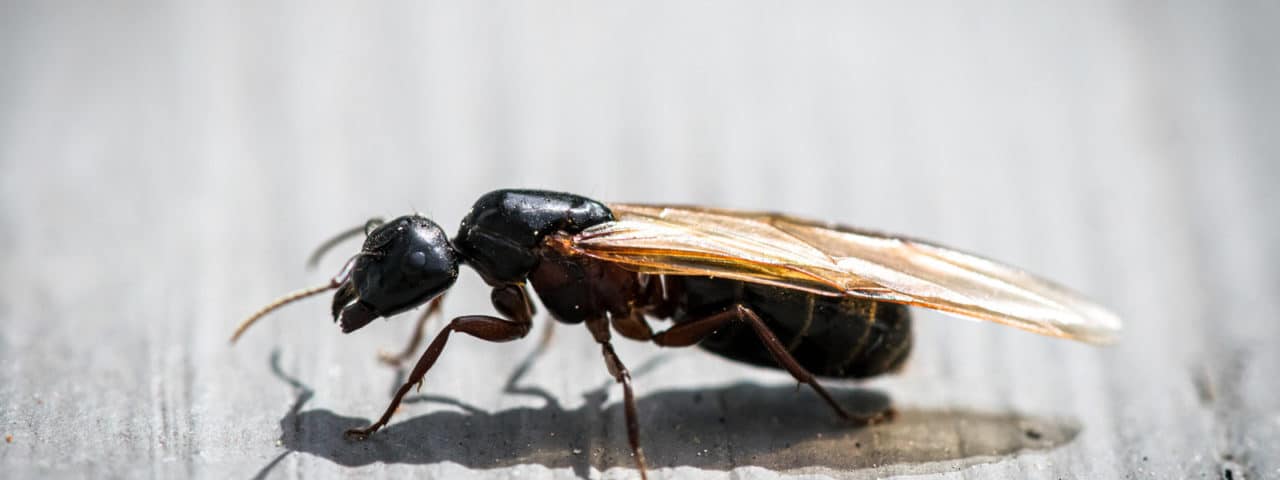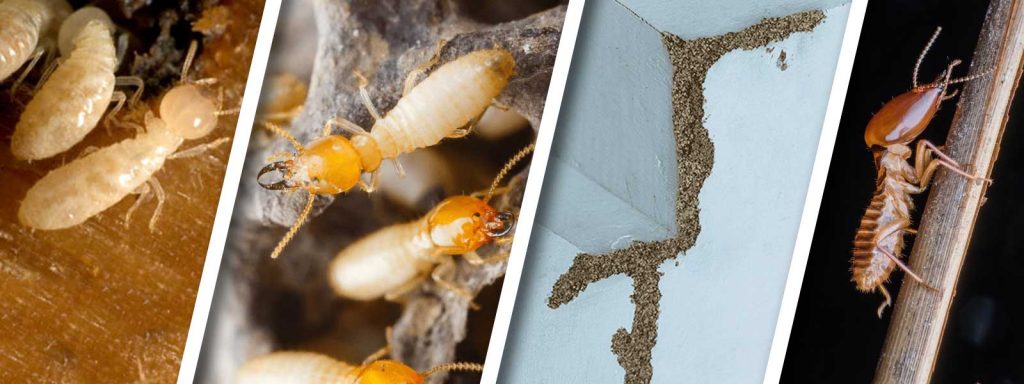Why Pick Our Termite Control Services: Expert Solutions for Effective Protection
Why Pick Our Termite Control Services: Expert Solutions for Effective Protection
Blog Article
Ecological Effect of Bug Control: Balancing Performance With Sustainability
The ecological effect of bug control is a critical concern that calls for a fragile equilibrium between achieving performance in taking care of parasites and ensuring sustainability of our ecosystems. As we strive to safeguard our plants, homes, and health and wellness from the risks positioned by bugs, the methods we utilize can accidentally harm the setting. From the usage of hazardous chemicals that leak into our soil and water to the unplanned effects on non-target types, the effects of traditional bug control techniques are far-ranging. There are arising approaches that use hope for an extra lasting technique to pest monitoring. These services not only purpose to address the prompt bug problems yet additionally consider the long-term health of our earth.
Hazardous Chemicals in Bug Control
The usage of damaging chemicals in bug control poses considerable environmental and health threats that necessitate cautious consideration and reduction strategies. Pesticides, herbicides, and pesticides are commonly made use of to eradicate parasites, yet their extensive application can bring about unplanned repercussions. These chemicals can pollute dirt, water sources, and the air, affecting not only the targeted insects however likewise valuable insects, wild animals, and humans.

To attend to these dangers, integrated pest administration (IPM) techniques are being promoted as a more sustainable choice. IPM includes a combination of techniques such as biological control, habitat adjustment, and the targeted use pesticides as a last resort (ant control springs nc). By embracing a holistic strategy to pest control, we can lessen the environmental and health effects related to dangerous chemicals while effectively handling pest populaces
Effect On Non-Target Variety
Taking into consideration the unexpected consequences of bug control approaches, the effect on non-target types is an important facet that needs extensive evaluation. While pest control procedures aim to target details pests, other microorganisms in the community may be inadvertently impacted. Non-target species, consisting of beneficial insects, birds, mammals, and also plants, can endure direct or indirect harm from chemical applications or biological control methods.
Insecticides designed to battle a certain bug bug might hurt pollinators like or natural predators such as ladybugs. Organic control representatives, if not species-specific, can position dangers to unintentional targets, interfering with the ecological equilibrium.
To reduce the impact on non-target species, integrated pest monitoring (IPM) methods that emphasize an all natural method to pest control are recommended. These techniques focus on the use of eco-friendly techniques, decreasing damage to valuable organisms while efficiently taking care of pest populations. Conducting thorough risk evaluations and monitoring the outcomes of parasite control efforts are crucial action in safeguarding non-target varieties and promoting general ecological community health and wellness.
Dirt and Water Contamination
Unexpected environmental effects of insect control methods prolong beyond affecting non-target species, with substantial effects for dirt and water contamination - ant control. Chemicals, herbicides, and chemical fertilizers used in parasite control can leach into the dirt and contaminate groundwater, posing a hazard to both aquatic and earthbound environments.
Water contamination is an additional crucial concern related to bug control practices. Drainage from farming areas treated with chemicals can lug these chemicals into nearby water bodies, impacting water organisms and water high quality. Impurities in water sources can have significant repercussions, impacting not just marine life but likewise human health and wellness with the usage of contaminated water or aquatic microorganisms. To reduce soil and water contamination from insect control tasks, integrated pest administration approaches that focus on sustainability and decrease chemical inputs are vital.
Air Contamination From Chemical Usage
Exposure to airborne pesticides during agricultural applications presents a significant issue for air contamination control steps. When chemicals are splashed onto crops, they can volatilize into the air and kind volatile organic substances (VOCs) and other airborne pollutants. These chemicals can add to the development of ground-level ozone, a major element of smog that can have detrimental results on human wellness, crop productivity, and general air high quality. Furthermore, chemical drift, where pesticides are lugged by the wind to unintended locations, can cause the contamination of nearby ecological communities and water bodies.

Approaches for Lasting Pest Control
In the realm of agricultural techniques, executing lasting insect control strategies is critical for maintaining eco-friendly balance and securing plant returns. Lasting parasite control emphasizes the use of eco-friendly methods to take care of bug populations properly while minimizing injury to non-target organisms and ecosystems. Integrated Insect Management (IPM) is a commonly embraced strategy that incorporates organic, social, physical, and chemical control methods to attain long-term bug administration options.
Crop rotation and diversity are additionally reliable strategies to disrupt pest life cycles and develop less desirable conditions for insects to thrive. Eventually, by integrating these lasting pest control techniques, farmers can attain an equilibrium in between pest administration performance and ecological stewardship.
Conclusion
To conclude, the ecological influence of pest control techniques should be meticulously taken into consideration to stabilize efficiency with sustainability. Dangerous chemicals used in insect control can lead to soil and water contamination, air contamination, and damage non-target species - ant control services. It is crucial to apply sustainable parasite control methods to decrease these unfavorable impacts on the atmosphere and advertise a much healthier ecosystem for future generations
By embracing an all natural technique to pest control, we can lessen the ecological and health impacts connected with hazardous chemicals while successfully managing pest populations.

To minimize the air pollution created by pesticide usage, it is important to adopt incorporated parasite administration strategies that prioritize the use of non-chemical pest control approaches, such as plant rotation, natural predators, and resistant crop selections. Sustainable bug control emphasizes the usage of environmentally friendly techniques to take care of insect populations successfully while reducing damage to non-target organisms and environments. Integrated Bug Monitoring (IPM) is a commonly taken on approach that combines organic, social, physical, and chemical control approaches to achieve long-term insect management options.
Report this page